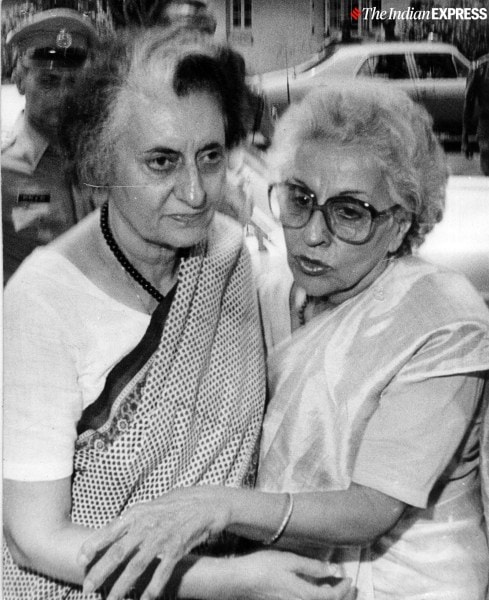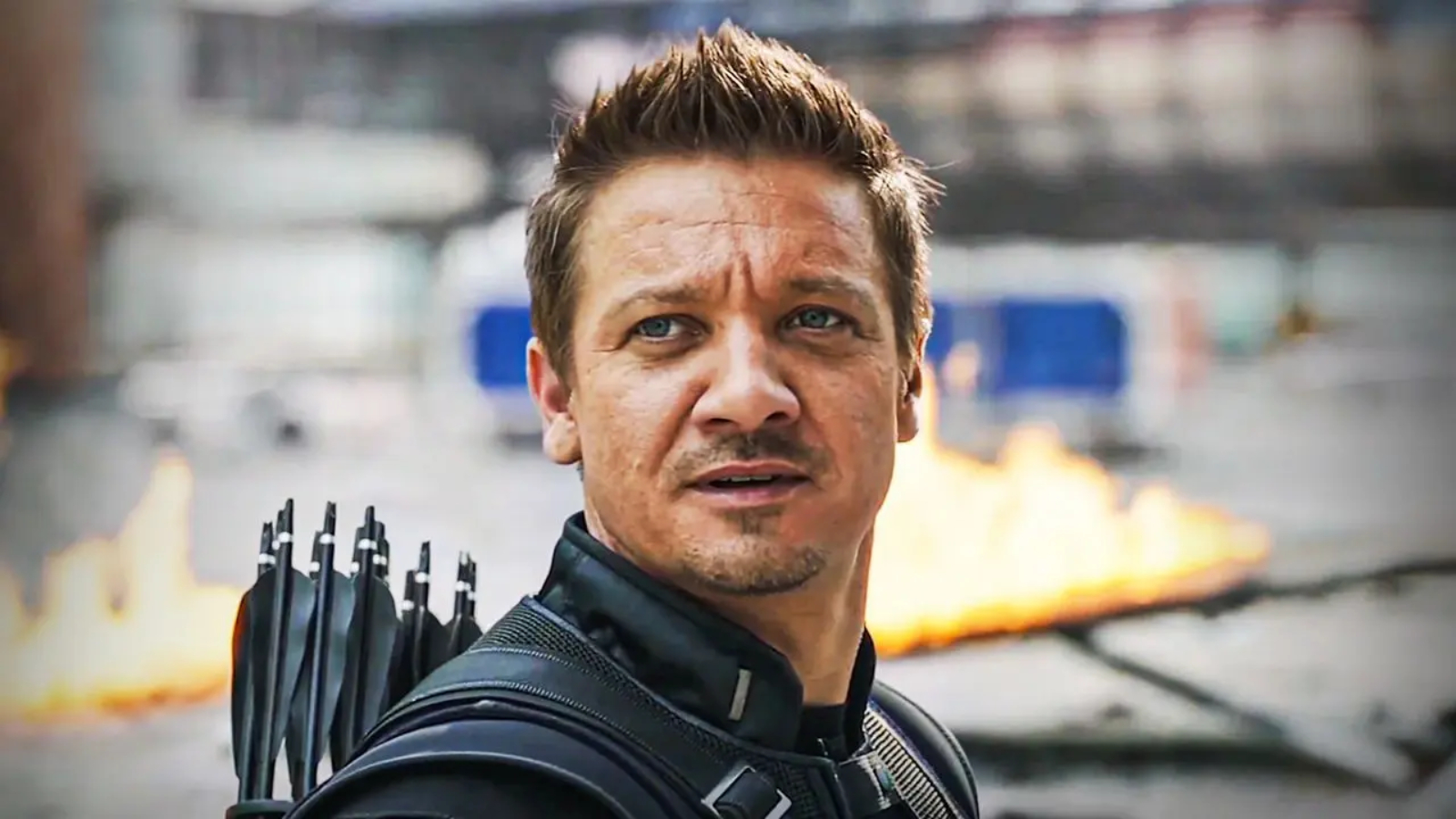[ad_1]
Amitabh Bachchan has played every role that an actor possibly can on celluloid, but when he ventured outside the comforts of a movie set for the first time, reality came as a rude shock. Bachchan diversified by donning the hat of a politician, but he didn’t have the freedom of choice that he would in the world of films. It all started in the early 1980s, after Bachchan met with a near-fatal accident on the set of Coolie. The story is well known – the angry young man of Bollywood was shooting for a not-so-dangerous action scene in film, but was injured badly, left to fight for his life in hospital. And when the nation united in prayer like never before, it was evident that Bachchan had the power that no movie star had ever possessed. The film opened to packed houses in 1983 and 40 years later, Bachchan still acknowledges the wave of support his fans extended to him during that time. It was only two years after this incident that Bachchan jumped into politics, and at the time, it appeared that this was the obvious next step for a man who had enjoyed immense influence over the public. However, the way it played out was completely unexpected.
After Indira Gandhi’s assassination in 1984 and the anti-Sikh riots that followed soon after, the country was in disarray. As Rajiv Gandhi got ready to take charge of the country, he contacted his trusted friend, Bachchan, and asked for his help. He would later describe his decision to join politics as “emotional” and a “mistake.” Harivanshrai Rai Bachchan and Jawaharlal Nehru had a strong friendship, and Bachchan himself had shared an anecdote about it on Kaun Banega Crorepati 15. He said that it was Sarojini Naidu who introduced the two when the Nehrus lived in their family home, Anand Bhavan, in Allahabad. It was there that Bachchan’s mother, Teji, and Indira Gandhi also became friends.
 Indira Gandhi with Amitabh Bachchan’s mother Teji Bachchan. (Photo: Express Archives)
Indira Gandhi with Amitabh Bachchan’s mother Teji Bachchan. (Photo: Express Archives)
When Indira Gandhi was assassinated by her Sikh bodyguards in Delhi on Oct 31, 1984, the aftermath was brutal. There were anti-Sikh riots in various parts of the country and many politicians of the time were later questioned for their involvement in inciting those riots. Bachchan, who was extending his support to his childhood friend Rajiv, was questioned by the CBI in 2015 about Jagdish Tytler’s role in the orchestration of the riots. There were also accusations against Bachchan raising anti-Sikh slogans on national television, and for this, he was summoned by a US court in 2014. However, the actor, whose mother was a Sikh, denied any wrongdoing in a letter to Akal Takht, and labeled the accusations as “wild, irresponsible and most unfounded.”
Days after Indira Gandhi’s assassination, Bachchan was seen canvassing in Allahabad as a Lok Sabha candidate. He later implied that this was done only because his friend Rajiv needed his help and he just couldn’t refuse. In a 1998 chat with Simi Garewal, Bachchan said, “The fact that Mr Rajiv Gandhi and his family and our family had been known to each other and shared a friendly relationship over several years prompted me to stand by a friend and that was the sentiment.”
 Amitabh Bachchan contested for Lok Sabha elections after the assassination of Indira Gandhi. (Photo: Express Archives)
Amitabh Bachchan contested for Lok Sabha elections after the assassination of Indira Gandhi. (Photo: Express Archives)
The star who united the nation just two years earlier won by a record margin. One would imagine that there was no way that Bachchan couldn’t foresee his victory, but that’s what he claimed. “I had a feeling about my inadequacy during that month long period when I was actually canvassing for the elections in December 1984. I was in Allahabad and in the middle of that month, once late at night, I just threw up my hands,” he told Garewal in 1998. He recalled his wife Jaya getting “upset” by his “attitude of defeat.” His father advised that if he wasn’t happy, he could pack his bags and leave the next day, but it was his mother who gave him the advice that he actually followed. “Once we are in it, we are going to fight, we are going to win and then if you want to leave, we will go back. I followed my mother…”
When Bachchan entered the Parliament for the first time, it looked like another day in the life of a film star, but re-watching that footage now makes him look like a nervous kid starting his first day at school. Those around him appear completely star struck, but Bachchan is looking around confused as if he can’t decide if he should play the movie star or the public servant and perhaps, this was why Sunil Dutt, another film star-turned-politician, walked in with him.
While many movie stars have contested and won elections, accounts from that time suggest that Bachchan had made it his mission to actively get involved in his constituency. Vir Sanghvi, in his memoir, A Rude Life, mentioned that Bachchan wanted to be actively involved in the goings-on of Allahabad, but was treated like a novice by senior party members. The memoir states that then Finance Minister VP Singh, who later became the Prime Minister of the country, was “troubled by Bachchan’s obsession with Allahabad, which he regarded as part of his own backyard.” “In Allahabad, they arranged stunt after stunt to shake his hold on the city. If he failed to visit the constituency for two weeks, they put up ‘missing’ posters,” Sanghvi wrote.
The actor had now embraced his life as a politician and to make it official, he even moved to New Delhi. In an India Today interview from around the same time, Bachchan described how he was handling his “two constituencies” – Allahabad and the film industry. Since this was a new world for him, Bachchan was starting to realise that he had bitten off more than he could chew. His statement from 1985 gives a glimpse into his mindset at the time. “The dome of the Parliament is just as awe-inspiring as the lens of the camera that is rolling. The Parliament is only a shade more exacting because nobody here will say ‘cut’ if you’ve made a wrong move,” he said.
The chatter within the Congress party was not in Bachchan’s favour. Party members were starting to resent the man who had just entered politics, and already had the ear of the Prime Minister and a wave of public support. Vir Sanghvi, who was closely following Bachchan in those years, recalled in his memoir that none of the initiatives that Bachchan launched in his constituency worked out, and implied that this was the result of the “manipulation” done by his political opponents. It was hard to turn the crowd against a much-loved movie star, but one accusation after another was levied against him, and by 1987, things started to fall apart.
 Amitabh Bachchan resigned as an MP in just two years. (Photo: Express Archives)
Amitabh Bachchan resigned as an MP in just two years. (Photo: Express Archives)
In 1987, a Swedish radio channel alleged that the Swedish arms company AB Bofors, which had signed a Rs 1,437 crore deal with India, had bribed many Indian politicians and defence personnel in trying to secure the contract. The deal was signed in 1986. By this time, Bachchan was trying to deflect the accusations that were indirectly made in the media, who alleged that his brother Ajitabh was handling his funds and depositing them in some mysterious ‘Swiss account’. When the Bofors scandal broke, Bachchan was accused of taking bribes. A Swedish newspaper named Dagens Nyheter reported that Ajitabh had a Swiss account and this misinformation was carried by newspapers around the globe, and also in India. Ajitabh had moved to London by then and so the Bachchans sued the newspaper in London. Bachchan was prepared to defend himself in court, but before he could take the stand and defend his honour, the newspaper’s lawyers admitted that the allegation was false and paid damages.
In India, the CBI gave a clean chit to Rajiv Gandhi in 2004. But Bachchan was cleared of all charges only in 2012. Swedish police chief Sten Lindstrom, who identified himself as the whistleblower of the case, said that Bachchan was wrongly implicated. “I am happy that at least now I have been declared innocent. However it is sad it came out so late. I wish my parents were alive today to hear about my innocence,” Bachchan said at a press conference in 2012.
ALSO READ | What is the Bofors scam case?
After this unpleasant episode, Bachchan handed in his resignation in 1987. The decade that started with the nation praying for his wellbeing had somehow ended with him defending his innocence. While talking to Simi Garewal in 1998, Bachchan described this phase as “hell,” and said that he had been warned by his colleagues in Parliament that he was out of his depth, but he ignored it thinking he knew how to handle negative stories because he had handled a fair bit of those in the entertainment sphere. For his political journey, he said he was “unable to understand the nature of the attack and what it was all about.”
Bachchan also came to realise that politics wasn’t just about being altruistic and noble, it required another skill set that he, perhaps, did not possess. Years later, he wrote in his blog, “In those two years that I spent in parliament I realised that the system on its own would never be able to take care of those that suffer. So with limited means, I began my own individual charity. Medical facilities were a huge problem with the villages and so I started medical vans which serviced hundreds of villages in the region. But politics soon took over and attacks on its veracity and intent were made questionable. Hurt and disgusted with the attitude of those that opposed this harmless social service, I gave it up and stopped.”
[ad_2]





